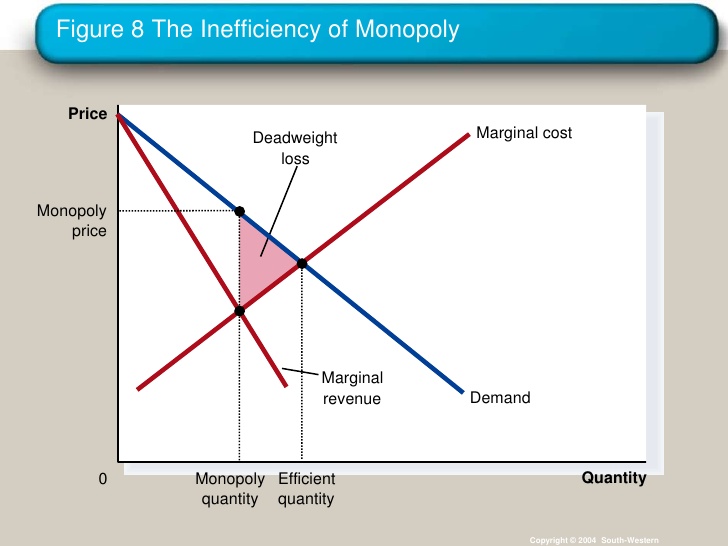Not long ago I shook my head at a boast in a report by a government monopoly claiming that it is “Stimulating the State Economy.” Again, this is a government monopoly saying that. All its possible competitors are outlawed. If there’s a demand at all for what it provides, consumers have to go through it.
Likewise, Venezuela is stimulating the Venezuelan economy. Look at it go! Right.
There’s a reason why free enterprise and competition are so important. Freedom is the most effective antipoverty tool known to history. Central government control and provision are antithetical to free enterprise.
Who says they’re stimulating the economy?
It was the Alcoholic Beverage Control (ABC) Commission making the claim of stimulating the state economy. As best I can tell, the basis for the claim is that people do buy from it. I.e., all of the demand for its product hasn’t been driven to the black market — congratulations are in order!

Turns out, the ABC Commission isn’t the only state monopoly that credits itself for stimulating the state economy … by dint of having customers while forbidding competitors. The North Carolina Education Lottery also makes this boast. This is on its web page highlighting its “Economic” impact:

Indeed, not only is the lottery stimulating the economy, it’s also … “driving local economies.”
Oh, come ON.
You want to talk about the lottery and local economies? Let’s talk about this impact, which is a persistent finding:
Counties with high poverty, unemployment, and property tax rates also tend to have high lottery sales per adult.
In 2015, the top 10 counties in lottery sales per adult were among the least economically well-off counties in the state. Lottery sales per adult in those counties were nearly two-and-a-half times higher than in the 20 most well-off counties in the state.
As I said before:
Turning a potentially competitive market into a government monopoly does several things, but serve as an economic stimulus it does not. It creates inefficiencies, prevents many economic transactions that otherwise would take place, and creates deadweight loss.



